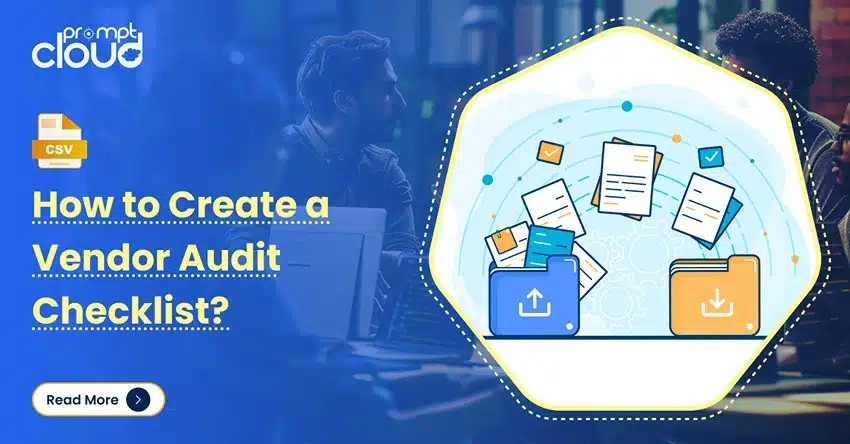
Today, data privacy is the deciding factor while using a digital service, platform or media. When private images of renowned celebrities break the internet, we are forced to think that these people must be spending loads of money to privatise their data and even they are not spared from data theft. How can the general public trust anyone with their private information?
Almost every e-commerce bigwig incorporates a payment process in their website or app that forces you to either provide your e-mail or connect with your social media login. This is helpful for the buyer in some ways because it helps them track the product and also interact better with the seller in case of any trouble regarding the product.
You must have been surprised when your Facebook timeline displays the same product that you viewed on an e-commerce website the other day. When you thought that the “Sign in with Facebook” was an easy option to sign up for an e-commerce website, what you actually did was make way for them to serve what you recently viewed on their site but did not purchase. You are actually allowing them access to your private data, but ignoring the terms and conditions.
On 10th of August, The Guardian reported how data privacy had emerged as a serious concern after a purported harvest of data. This is what lets the companies down when it comes to data privacy. Here are 7 practices that can let you build trust amongst your customers in case of data privacy.
1. Permissions and Notification
Always take the permission of your customer before using their private data anywhere else. Data privacy should be one of your top priorities. Remember what happened when Indian government released email addresses of all those people who voiced against curbing net neutrality and preferential treatment by network service providers to certain websites and apps. Affected people were miffed at this action and criticized the government for revealing thousands of private e-mail addresses without their consent.
If you are looking forward to building customer trust, permissions and notifications are a must. Either set up an automated system that notifies the customer on the contact number or e-mail.
2. Reason for Every Input
If you are asking for a customer’s number, do mention your motive and intended use of their number. Never share the numbers with third-party organizations unless the customer does not have any objection.
Similarly, for every private detail you seek, you should mention the reason behind your request. After the customer has filled out the info required by you, again notify them about the information being saved on a secure server and promise not to share any private data with anyone else. You also need to inform the customer if you are selling data to any third party.
3. Secure Your Database
You promised the customers that you will secure their data, but is your database secure? It is advisable that you hire a firm that holds expertise in securing data privacy. Mention how you secure the data on your website to ensure your customer that their private data is secure with you. Chalk out a structured data set that does not mix-match the data and you end up leaking your customers’ private phone number to someone else.
Discuss with technology experts on adding an extra layer of security walls in the private data server and use the best platform available that not only lets you seamlessly access data, but prevents it from unauthorized access too. You can also get your database verified by another team of experts apart from challenging them to access your database. This way you will come to know about the loopholes in your security system and can easily fill those up with the help of the very experts who infiltrated it.
4. Big Data
Now, this is where various advanced software come into play. You may have millions of phone numbers and e-mail addresses but how do you find out the correct one you want to contact. Contact by searching name?
No, because when you will search “Michael” from a list of a million, at least a hundred “Michael” will emerge from your database. Searching for a single name is like searching for a needle in a haystack. What you need is a magnet, and that magnet will be a big data processor that sorts out your customers in various categories. So, the hundred ‘Michaels’ you have, get sorted out in cities and the rest of ‘Michaels’ get sorted in towns.
Big data is both a boon and bane. If it is well thought of and strategically used, it behaves as the former, if not sorted, it behaves as the latter. You should always be careful while handling it and keep it safe from the hands of the hackers because if they get their hands on this one, millions will be affected and you may have to tackle a class action lawsuit on your hands.
5. Cloud Storage
Private data leaks of many famous celebrities have made people aware of the drawbacks of cloud storage. They have started to hesitate while availing services of cloud servers and research about one inside out before they trust it with their confidential info. If you lay down the entire process of storing information on cloud servers, then customers can research themselves about the security level of your server before storing any information.
Keep the whole process transparent if you want to build customer trust. Here again, you can take the help of technical experts and try to find out the flaws in the security system. Hackers are always on the hunt for a weak cloud server and just for the fun purpose, they reveal private information of many users.
Also, some hackers demand ransom from the company who owns the server because they know that if private information leaks out, they would have to face the flak of their customers. So make sure you use two-factor authentication, read up a privacy policy, and put up data encryption methods to secure the cloud server.
6. Data Practices
You need to follow ethical and transparent data practice and keep updating the customers on the latest developments within the company. You should display the rules and regulations or terms and conditions before any customer shares data with you, not after. If you display conditions after the customer has entered private info, it does not matter if you have saved the information or not.
The customer will think that you definitely did and will treat the act as a trick to lure customers into revealing private data. You will have to be extra careful in case of online payments. If possible, hire a third party for online payment services. This way you will not only be reducing the workload, but you will also be saving yourself from the hassle of returning payments in case of cancellation of order or service.
7. Selective Access
Only a selective and trustworthy bunch of employees should be allowed to enter customer databases, and they should be responsible for the same. Also, inform the customers about this practice and reveal that only a few selected members of the firm are given access to the data and will contribute to the trust-building process.
Try to design such a database that it only allows the owner of the data to decide on its exposure. Look at what Facebook does; it allows the users to hide their timelines from specific people. This way, it only lets selected people get to private information through various tools that include the option of completely “Blocking” a person.
Apart from the 7 mentioned above, there are many more practices that can help you in building customer trust. Answering their queries is also one of the important practices you can follow. If customers do not get a reply, they will start doubting your credentials and ultimately you will lose them. Make sure you attend to their worries and ensure them that their data is secure with you. You can also create an “FAQ” section in which you answer the most common questions and demonstrate the solution of common issues faced by customers while availing your services.
Do write into us and let us know which aspect of enterprise and B2C level data privacy do you give key importance to.




















